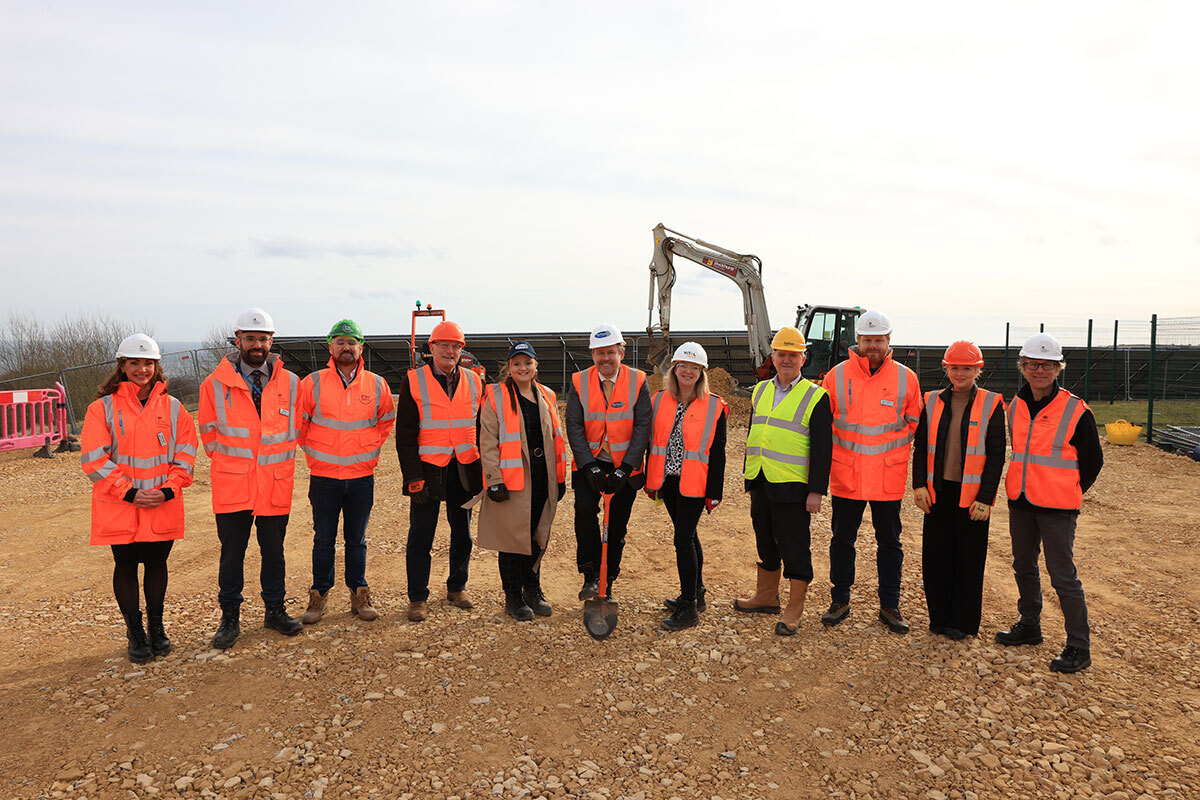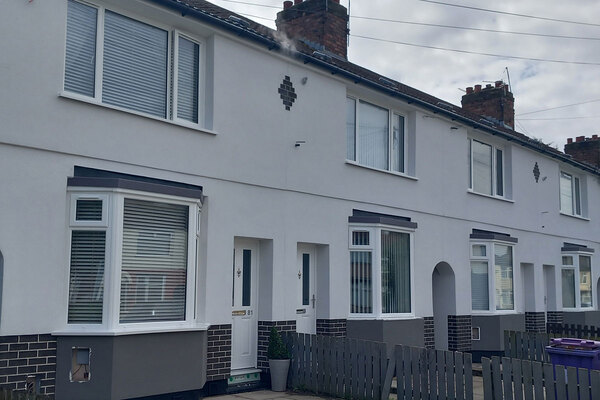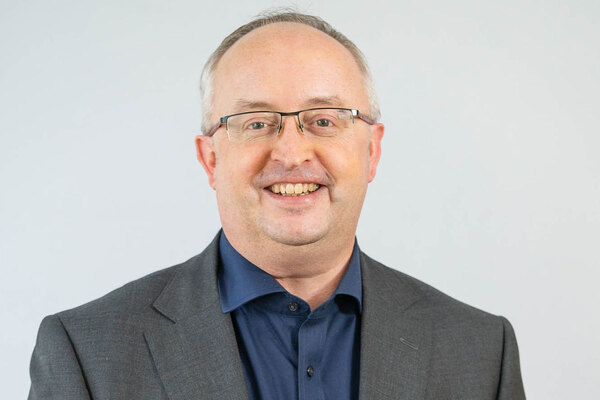Work underway on "milestone" mine-water heating project
Work has started on one of the UK’s first large-scale mine water heating projects, which will heat 750 affordable homes in North East England.
Durham County Council, which is leading the ultra-low carbon district heat network project, has partnered with the Mining Remediation Authority to harness treated water from Dawdon Mine Water Treatment Scheme in Seaham.
This mine water will be used to heat affordable homes being developed by Karbon Homes housing association at Seaham Garden Village, a 1,500-home community being built over the next decade.
Currently, water is extracted from former coal workings at 19-20 degrees, treated to remove heavy metals and then discharged out to sea, with the heat dissipating into the atmosphere. Vital Energi, which will construct and operate the network, has begun work on an energy centre next to the water treatment centre that will be used to increase the temperature of the water and take it through a pipe network to the homes.
Richard Bond, innovation and services director at the Mining Remediation Authority, said:
“This scheme is a further milestone in our journey to harness mine water heat to provide sustainable heating solutions across the former coalfields. It opens up possibilities to use our treatment facilities across the UK, where warm water is already being pumped to the surface.
“With over 80 mine water treatment schemes across the UK, we see great potential to deliver dual-purpose facilities that protect water supplies and generate renewable heat.”
The first residents for Karbon Homes’ properties, which are being part-funded by Homes England, are due to move in this autumn. Seaham Garden Village will also accommodate 750 private-sale homes being developed by Taylor Wimpey and Miller Homes, as well as a new village centre, innovation hubs and a primary school.
Paul Fiddaman, chief executive of Karbon Homes, said:
“Paired with boasting a range of energy efficiency technologies, like solar PV panels, the new homes we’re delivering at Seaham Garden Village will be well on the way to net zero.”
The heat network has received £4.3m from the government’s Heat Networks Investment Project, including £3.23m towards construction.
Councillor Mark Wilkes, Durham County Council’s cabinet member for neighbourhoods and climate change, said:



